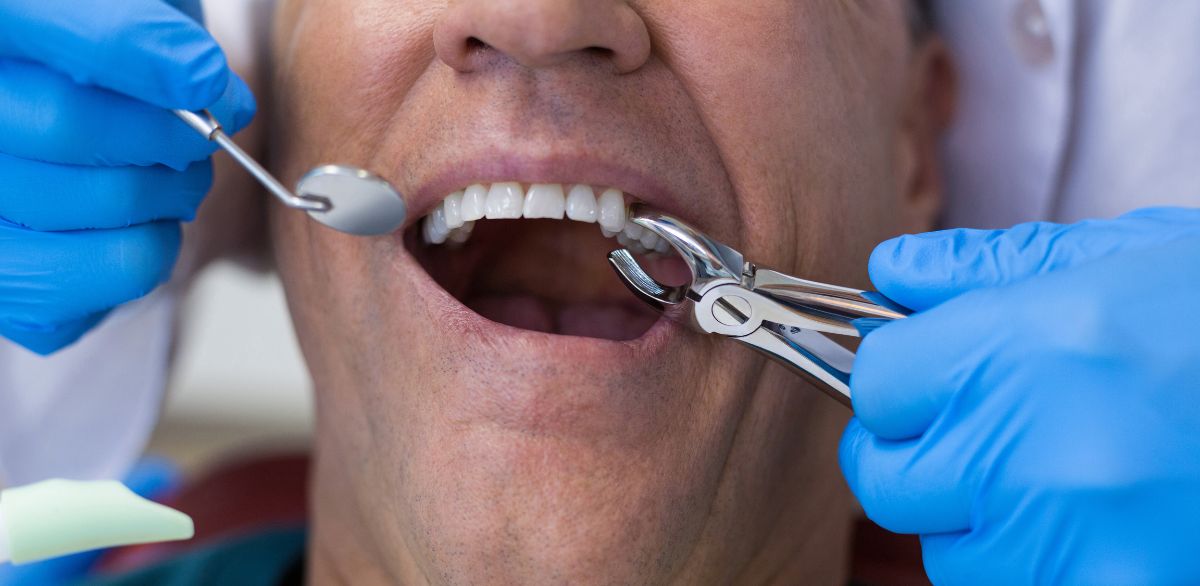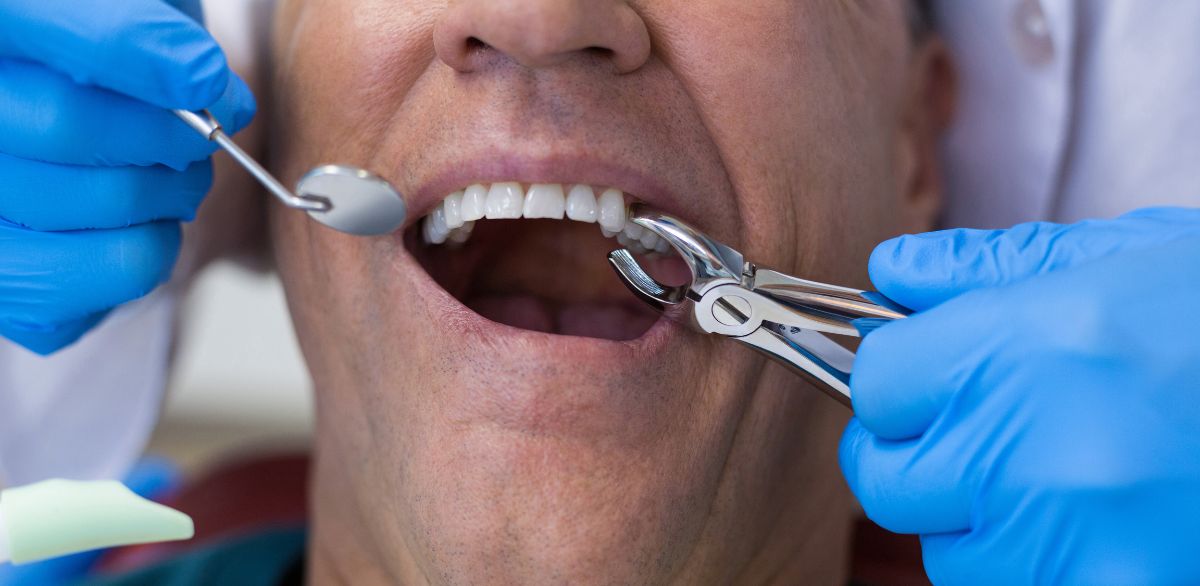
Wisdom teeth. They sound regal, don’t they? But these late bloomers—usually popping up between the ages of 17 and 25—often bring more drama than they’re worth. If your wisdom teeth haven’t started causing you problems yet, you might be asking: “Should I just wait?”
The truth? Waiting might not be the best strategy. In fact, preemptive tooth extractions are often recommended by dentists to prevent a host of painful and costly problems down the road.
Let’s explore why removing your wisdom teeth before they act up could be a smart move for your long-term oral health—and peace of mind.
Why Wisdom Teeth Can Be Trouble From the Start
Your mouth is a finely tuned machine with just enough space for 28 teeth. When those four extra wisdom teeth try to force their way in, it can throw everything off balance.
Common problems associated with wisdom teeth include:
- Impaction (teeth stuck beneath the gums or jawbone).
- Pain and swelling.
- Gum infections (pericoronitis).
- Shifting of other teeth, especially if you’ve had braces.
- Damage to neighboring molars.
- Cavities in hard-to-reach areas.
These issues don’t always present themselves right away—but when they do, they can escalate fast.
Why Remove Them If They’re Not Hurting?
It’s a fair question. If your wisdom teeth aren’t causing pain, what’s the rush?
Here’s the deal: Many problems develop silently. You may not feel discomfort until damage is already done. Early removal reduces the risk of future infections, misalignment, and other complications. Plus, younger patients tend to recover faster and more smoothly from tooth extractions in Grant Pass than older adults.
The Case for Early Extraction
According to the American Association of Oral and Maxillofacial Surgeons, up to 85% of wisdom teeth will eventually need to be removed. And many of those extractions are done only after painful symptoms arise.
Wouldn’t it make more sense to act before your wisdom teeth cause issues, rather than after?
What Happens If You Wait Too Long?
Delaying extraction can lead to more invasive and costly procedures in the future. Let’s say your wisdom tooth grows sideways—it could push into your second molar, creating a food trap and causing decay in both teeth. Or worse, it could develop a cyst in the jawbone, damaging nerves or bone tissue.
Here’s what waiting could mean:
- Increased pain and swelling
- Longer, more complicated recovery
- Risk of infection spreading to other areas
- Higher treatment costs
Sometimes, doing “nothing” is the most expensive option.
When’s the Best Time for Removal?
Most dentists recommend evaluating your wisdom teeth in your late teens or early twenties—even if you’re not experiencing symptoms. This is when the roots are still forming and the bone is softer, making tooth extractions easier and healing faster.
Signs you may need early removal include:
- X-ray shows impaction
- Inflammation or redness at the gumline
- Pressure or discomfort in the back of your jaw
- Trouble cleaning the area properly
What To Expect From the Procedure?
If a dentist recommends extraction, don’t stress—it’s one of the most common dental procedures. You’ll receive local or general anesthesia depending on your case, and the tooth will be carefully removed. Most patients resume normal activities in a few days with proper care.
Post-extraction tips include:
- Avoiding straws and smoking.
- Eating soft foods for a few days.
- Gently rinsing with salt water.
- Taking prescribed pain medication if needed.
Don’t Wait for Trouble to Knock
Wisdom teeth may seem harmless now, but they have a history of turning into dental divas—demanding attention at the worst possible times. If you’re on the fence about early tooth extractions, talk with our dentist about the risks of waiting.
Taking action before problems start can save you time, pain, and money in the long run. So, if our dentist says it’s time to say goodbye to those wisdom teeth, trust the advice—your future self (and your smile) will thank you.



